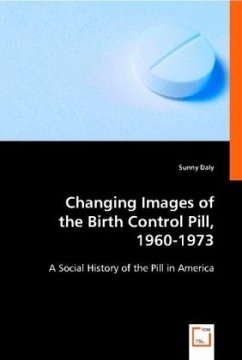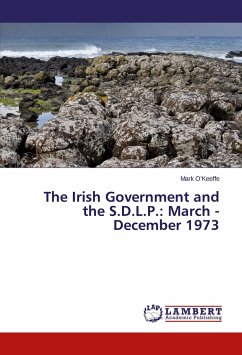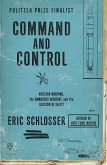The birth control pill was approved for prescription in America in 1960. Until 1972, it was accessible only to married women who could afford it. Despite these limitations, 6 million women were taking the pill each day in the first 5 years. In the early 1960s, its overwhelming popularity reflected the media's portrayal of the pill as panacea for social ills such as overpopulation and gender inequality. By the late 1960s, however, popular publications shifted attention to its serious health risks to women. These concerns culminated in the 1970 US Senate hearings on the safety of the oral contraceptive. The budding women's health movement and the larger women's liberation movement took up the demand for informed consent in this context. By the early 1970s, the popular media, which had once portrayed the pill as a silver bullet now presented it as a choice to be made by individuals fully cognizant of its risks and benefits. These changes over time are evident in documents from the Planned Parenthood archives, many popular magazines, and the work of recent historians. This open, public, informed discourse characterized a new acceptance for birth control such as America had never seen.
Bitte wählen Sie Ihr Anliegen aus.
Rechnungen
Retourenschein anfordern
Bestellstatus
Storno








